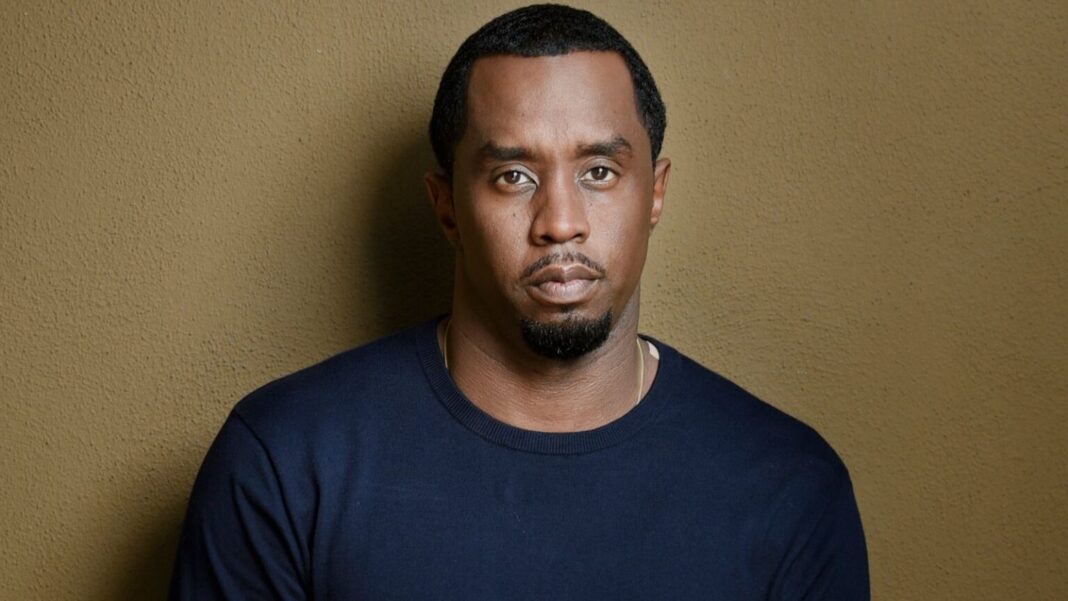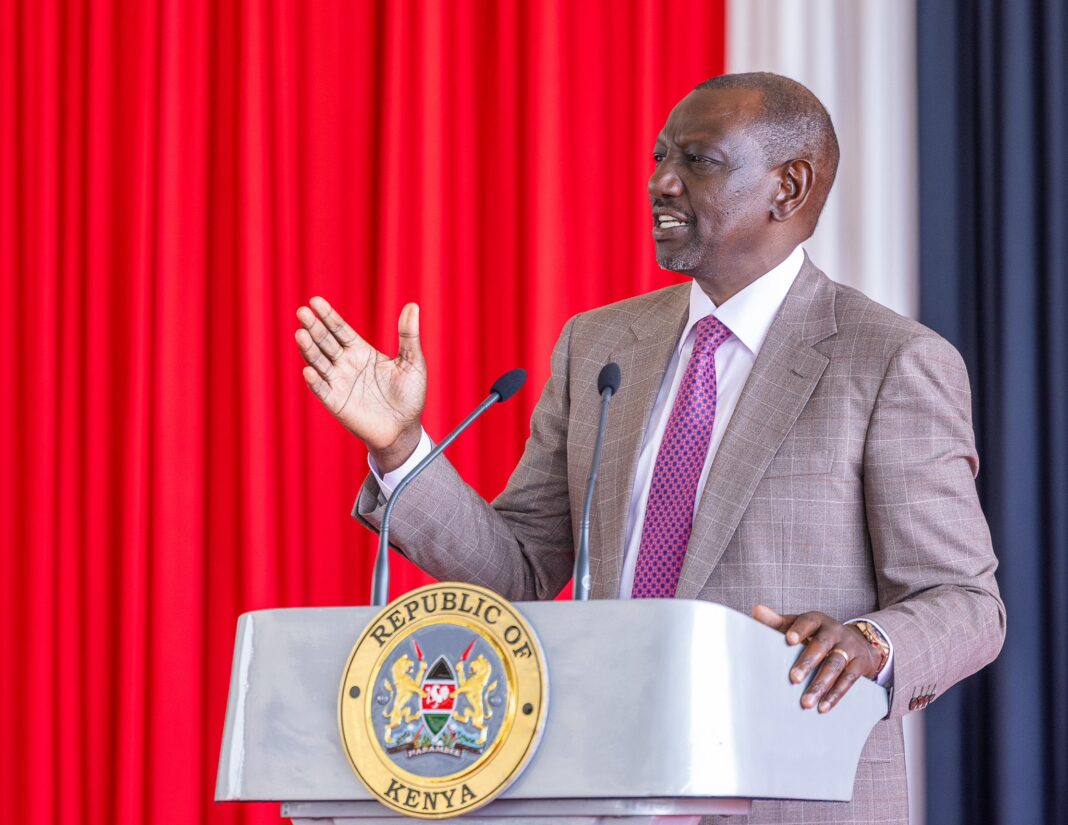New York, NY – August 5, 2025 – Hip-hop mogul Sean “Diddy” Combs has been denied bail for the fifth time since his arrest in September 2024, as U.S. District Judge Arun Subramanian ruled that the Bad Boy Records founder poses a “flight or danger” risk to the community.
Combs, 55, will remain at Brooklyn’s Metropolitan Detention Center (MDC) until his sentencing on October 3 for two counts of transportation to engage in prostitution, convictions stemming from a high-profile federal trial that concluded in July.
In court documents obtained by People magazine, Judge Subramanian stated that Combs “fails to satisfy his burden to demonstrate an entitlement to release,” emphasizing that release would require “clear and convincing evidence” that the defendant is neither a flight risk nor a danger to others.
The judge further noted that only “exceptional reasons,” such as advanced age or serious medical conditions, could justify release, but Combs’ circumstances did not meet this threshold.
Subramanian pointed to Combs’ history of violence, previously acknowledged by his defense team during the trial, as a key factor in the decision.
The ruling came despite a letter of support from Combs’ ex-girlfriend, Virginia “Gina” Huynh, identified in court documents as “Victim 3.”
Huynh advocated for Combs’ release on a proposed $50 million bond, arguing that he is not a danger to her or the community. “This is his first criminal case. Throughout the investigation and proceedings, he has been cooperative, respectful, and compliant,” Huynh wrote.
She highlighted Combs’ ties to his family, including children who rely on him, and claimed he has shown significant personal growth, describing him as embodying “an energy of love, patience, and gentleness” in recent years.
However, Judge Subramanian dismissed the letter, stating that it did not outweigh documented evidence of past abusive behavior toward other women.
Combs’ legal team argued that the conditions at MDC, described as plagued by issues like maggot-infested food and frequent lockdowns, constituted grounds for release.
They proposed stringent conditions, including weekly drug testing and restricted visitors, but the judge ruled these concerns were not unique to Combs and failed to meet the legal standard for “exceptional reasons.”
The July trial, which captivated public attention, saw Combs acquitted of the more severe charges of racketeering conspiracy and sex trafficking but convicted on two counts of transportation to engage in prostitution under the Mann Act, related to his former girlfriends, singer Casandra “Cassie” Ventura and another woman referred to as “Jane.”
Each count carries a maximum sentence of 10 years, with prosecutors pushing for 51 to 63 months of incarceration, while the defense seeks a lighter sentence of 21 to 27 months, factoring in the 10 months Combs has already served.
Testimony during the trial, which included emotional accounts from Ventura and others, painted a complex picture of Combs’ relationships and alleged misconduct.
While the acquittal on major charges was hailed as a victory by his defense, the convictions still threaten significant prison time and have severely damaged his reputation as a music and business icon.
Combs faces additional challenges from over 60 pending civil lawsuits alleging abuse dating back decades.
As Combs awaits sentencing, his family and supporters continue to rally behind him, with his son Christian and daughters expressing optimism following the July verdict.
However, the repeated denial of bail underscores the court’s concern over his potential to flee or intimidate witnesses, particularly given testimony from Ventura and others about past violence.
The case, one of the most prominent in the #MeToo era, continues to spark debate about accountability and the treatment of high-profile figures in the justice system.
Sentencing is set for October 3, with a remote hearing scheduled for today to finalize procedural details.


